UNBA warned about the risks of uncoordinated changes regarding incapacitated persons
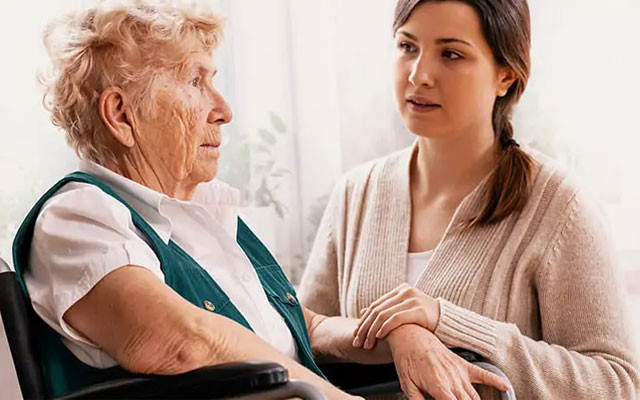
The Ukrainian National Bar Association supports the idea of strengthening guarantees for persons declared legally incompetent by a court, but warns against adopting changes that are not coordinated with each other. To ensure real, rather than declarative, protection of rights, a systematic review of the provisions of the Civil Code and the Code of Civil Procedure is necessary.
These conclusions were reached by the UNBA Committee on civil law and procedure following an analysis of draft laws on improving the protection of the rights of persons recognized by the court as legally incompetent:
Both drafts were recently adopted as a basis.
In particular, they propose to expand the circle of subjects who can apply to the court with a request to restore civil capacity. The relevant right is granted to the person recognized by the court as incapacitated.
Advocates pointed out that, according to Part 2 of Article 41 of the Civil Code, such a person does not have the right to perform any legal acts, and according to Part 1 of Article 59 of the Civil Procedure Code, their rights, freedoms, and interests are protected in court by guardians. In other words, the law deprives an incapacitated person of the ability to independently make decisions regarding the exercise of their subjective rights. Therefore, in order to implement the legislative initiative, it must be harmonized with the rules that limit the ability of an incapacitated person to perform legal acts. This also applies to the proposal to expand the circle of persons authorized to initiate the dismissal of a guardian.
On the other hand, psychiatric care institutions are excluded from the list of entities that can file an application for the restriction of a natural person's civil capacity or for the recognition of a natural person as incapacitated, and such a step, in the opinion of the UNBA Committee, is premature.
Thus, under the Law «On psychiatric care», medical workers at specialized institutions are vested with broad powers to protect the rights of persons in need of such care. In particular, they may file applications with the court:
- for the compulsory hospitalization of a person suffering from a mental disorder in a psychiatric care institution (Article 14);
- to extend, change, or terminate the application of compulsory medical measures applied by court order (Article 19).
At the same time, the owner of a psychiatric institution or an authorized body has the right to appeal in court against the decision of the guardianship and custody authority if the commission of doctors -psychiatrists finds violations by the guardianship and custody authority of the rights of persons under the age of 14 and persons recognized as legally incompetent in accordance with the procedure established by law, committed by the guardianship and custody authority.
Given the existing case law, which confirms frequent cases of improper performance of their functions by guardianship and custody authorities (untimely establishment of guardianship and appointment of a guardian), it is worth preserving the possibility for psychiatric care institutions to apply to the court with a statement of incapacity.
The full comments and proposals on the draft laws can be viewed here and here.Popular news
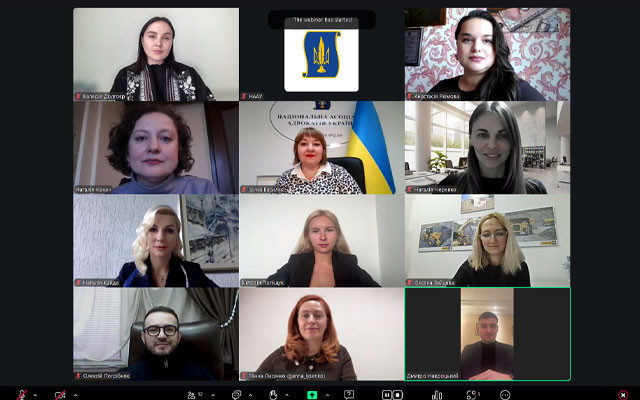
Discussion
Occupational safety during wartime: legal risks and employer liability
On October 21, the National Bar Association of Ukraine held a round table discussion on «Occupational safety in conditions of martial law». Participants discussed how the war has changed the requirements for safe working conditions, what guarantees remain for employees, and what responsibility employers bear for violations of legislation in this area.
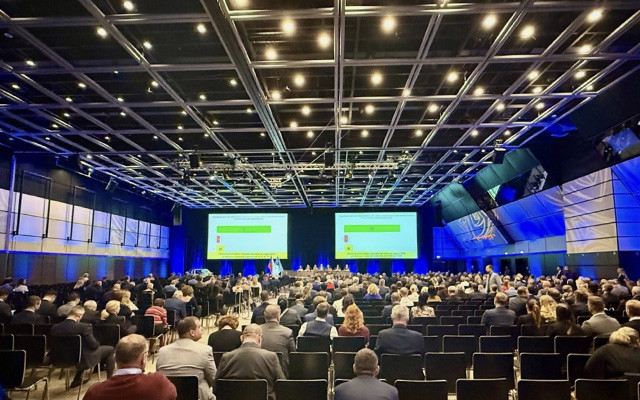
Abroad
The Czech advocacy has spoken out in defense of the professional independence of its Ukrainian colleagues
The Czech Bar Association (Česká advokátní komora, ČAK) will appeal to Ukrainian President Volodymyr Zelenskyy and Ukrainian authorities to ensure the preservation of the independence of advocacy in Ukraine.

Legislation
UNBA warned about the risks of uncoordinated changes regarding incapacitated persons
The Ukrainian National Bar Association supports the idea of strengthening guarantees for persons declared legally incompetent by a court, but warns against adopting changes that are not coordinated with each other. To ensure real, rather than declarative, protection of rights, a systematic review of the provisions of the Civil Code and the Code of Civil Procedure is necessary.
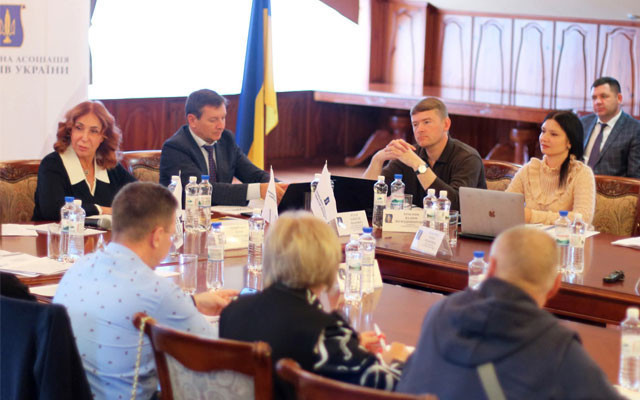
Self-government
BCU condemned information attacks on advocacy
Bar Council of Ukraine strongly condemned the coordinated campaign to discredit advocacy, in particular the leadership of the Odessa region bar association. Protecting colleagues from manipulation and misrepresentation became a separate item on the agenda of the BCU meeting on October 17–18.
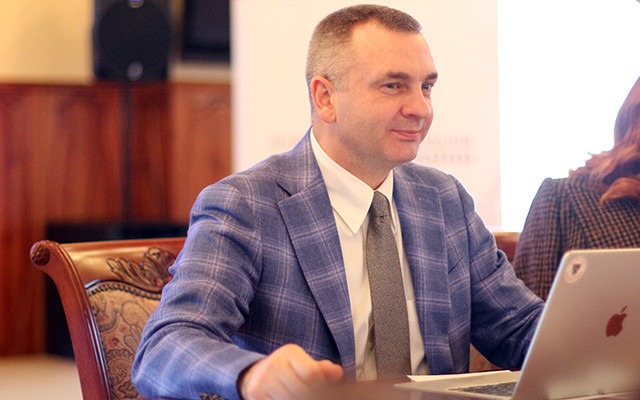
URAU
Six new advocates appear in Ukraine every day — statistics
There are almost 72,100 advocates in Ukraine. Since the end of May alone, 791 advocates have joined the national defense institute — on average, six advocates per day receive a certificate of entitlement to practice as an advocate.
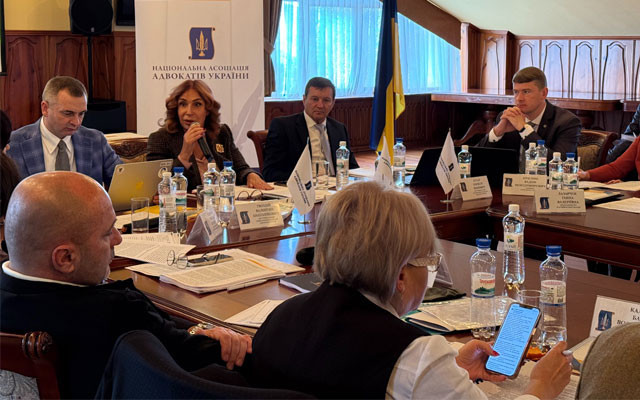
Self-government
Approaches to remuneration of advocates in the FLA system must change – L. Izovitova
Payments to advocates in the free legal aid system are made after court proceedings are completed and can take years. During this time, advocates provide protection without payment, essentially lending money to the state. This practice contradicts Article 43 of the Constitution.
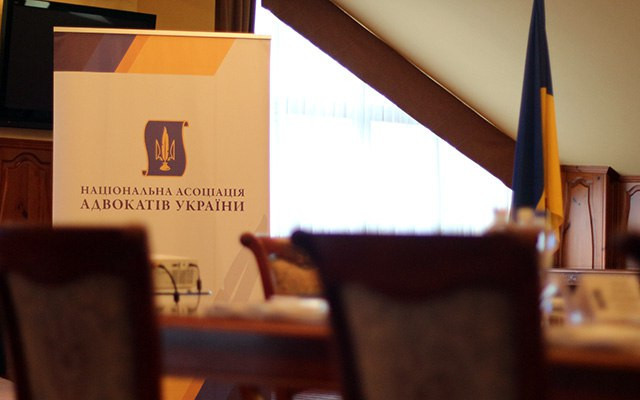
Self-government
The BCU holds its October meeting in Lviv region
The Bar Council of Ukraine is starting its next two-day meeting today, 17 October. Items on the agenda include issues relating to the activities of bar self-government bodies, the implementation of the institution's tasks and interaction, and the consideration of requests for clarification.
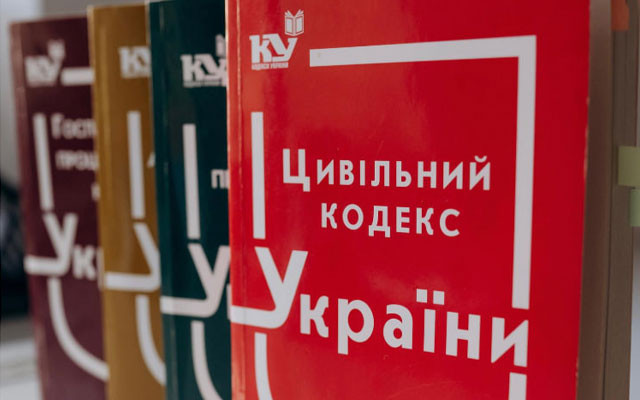
Legislation
Recodification of the Civil Code: UNBA submitted comments and proposals
Although the adoption of the Civil Code in 2003 was a defining moment in the development of national private law, the rapid development of social relations, the emergence of new technologies, and regulatory acts necessitated a systematic update of the general provisions of civil legislation.
Publications

Censor.net Protecting advocates – protecting justice: addressing concerns about the new law

Ihor Kolesnykov A BRIEF SUMMARY REGARDING THE APPLICATION OF THE ORDER ON EXTENDED CONFISCATION IN LATVIA REGARDING FINANCIAL ASSETS OF…

Valentyn Gvozdiy WORKING IN A WAR ZONE

Lydia Izovitova Formula of perfection

Sergiy Vylkov Our judicial system is so built that courts do not trust advocates

Iryna Vasylyk Advocacy in the proclamation of Independence of Ukraine

Oleksandr DULSKY When we cross the border of the Supreme Anti-Corruption Court, we get into another department of the National Anti-Corruption…

Vadym Krasnyk The UNBA will work, and all obstacles and restrictions are only temporary inconveniences
